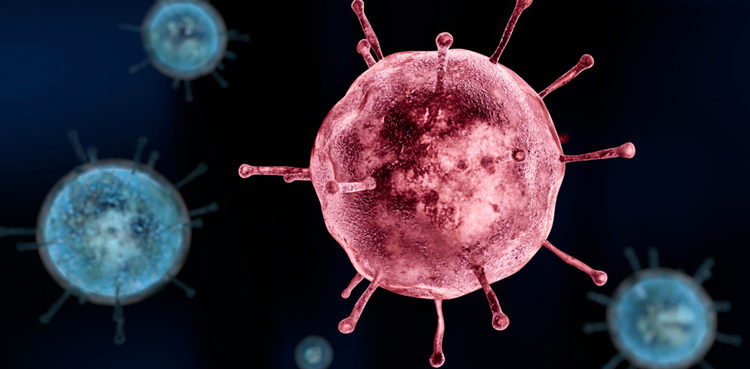A new mysterious coronavirus, which has originated from Wuhan in China, has killed almost 106 people so far in and infected over 4559. With the epidemic quickly spreading throughout the world, the government of China is considering vacating the city of Wuhan, which is bigger than New York or London with a population of 11 million. The deadly virus is passed on to humans from animals.
What is Coronavirus?
The novel coronavirus – a member of the coronavirus family that has never been encountered before has been transmitted from animals, like other coronaviruses. The virus is common in many species of animals like camels, bats, cats and cattle. Of the several types of coronavirus, only six are known to effect human beings. Many of those infected either worked or frequently shopped in the Huanan seafood wholesale market in the centre of the Chinese city, which also sold live and newly slaughtered animals like peacocks, bats, frogs, snakes, fox, crocodile among others. What caused the outbreak is yet to be discovered by scientists.
The contagious virus can easily transmit itself from one person to the other, even in its incubation stage which is 14 days.
Symptoms of Coronavirus:
Some people may not show any symptoms of the virus. However, in most people cold- or flu-like symptoms usually set in from two to four days after coronavirus infection, and they are typically mild. Symptoms include:
- sneezing
- a runny nose
- fatigue
- a cough
- in rare cases, fever
- a sore throat
- exacerbated asthma
Human coronaviruses cannot be cultivated in the laboratory easily, unlike the rhinovirus, another cause of the common cold.

Precautions and cure:
There is no cure, so treatments include taking care of yourself and over-the-counter (OTC) medication:
- Rest and avoid overexertion.
- Drink enough water.
- Avoid smoking and smoky areas.
- Take acetaminophen, ibuprofen or naproxen to reduce pain and fever.
- Use a clean humidifier or cool mist vaporizer.
The virus responsible can be diagnosed by taking a sample of respiratory fluids, such as mucus from the nose, or blood.

Unless you have recently travelled to China or been in contact with someone infected with the virus, then you should treat any cough or cold symptoms as normal. The NHS advises that there is generally no need to visit a doctor for a cough unless it is persistent or you are having other symptoms such as chest pain, difficulty breathing or you feel very unwell.
Source: Medical News Today Business Insider The Guardian

Inflics provides it readers the information that they need in concise and short articles, making information and news more accessible to everyone.





